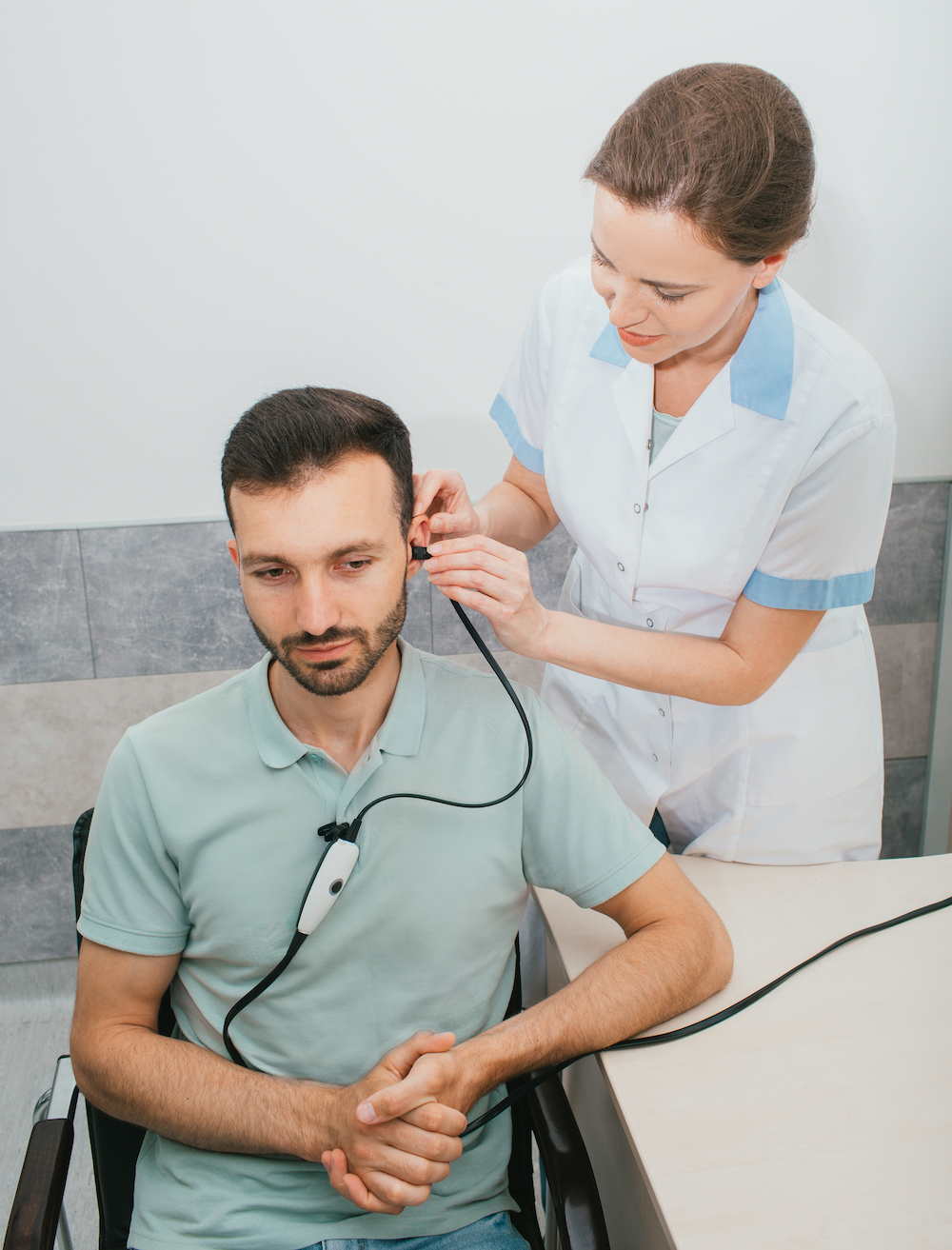The Role of Hearing Aids in Enhancing Music Enjoyment
Music is part of most people’s daily routines, whether you listen


Music is part of most people’s daily routines, whether you listen

Remember that whistling sound from older hearing aids? It used to be one

Understanding the impact of certain medications on your hearing health is